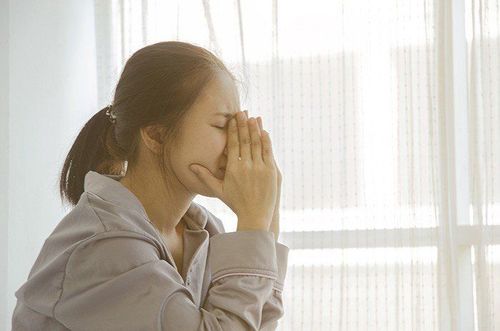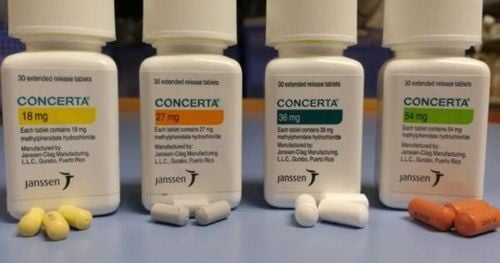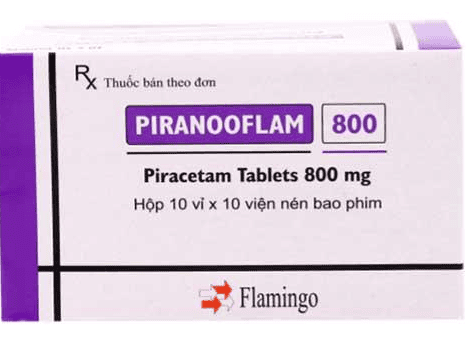This is an automatically translated article.
Elderly delirium is one of the mental disorders in the elderly, the effects of delirium cause many troubles in daily life. Delirium in the elderly can be treated or not and why should attention be paid to delirium in the elderly?
1. What is delirium in the elderly?
When reaching old age, the functions of the nervous system increasingly decline, memory loss and delirium are often encountered in this group of people.
Delirium is a curable, acute, fluctuating disorder of consciousness. Delirium is also considered a psychiatric disorder in the elderly.
2. What causes delirium in the elderly?
When the process of sending and receiving signals in the brain is impaired, it causes delirium. Elderly people are delirious mainly because of the following reasons:
Elderly people often have pain and trouble sleeping, if they abuse pain relievers and sleeping pills regularly, it will easily lead to delirium. Have parkinson's disease Use some medicines such as asthma medicines, anti-allergics, antipsychotics in the elderly Weak health conditions that are likely to cause delirium, especially in the elderly Lack of sleep or severe depression Malnutrition or loss of life Alcoholic water

Có nhiều nguyên nhân gây ra bệnh mê sảng người cao tuổi
3. Common symptoms of delirium in the elderly
The following are symptoms of delirium in the elderly:
The patient does not focus on his surroundings, or focus on a single thought without paying attention to other information. Patients are often easily distracted by many different problems, not paying attention to the main point. Patients isolate themselves, rarely go out and hardly participate in community activities. Memory impairment is the most obvious manifestation, unable to remember the most recent events Unable to orient oneself, forgetting oneself and others around The patient has difficulty speaking, forgetting words, or rambling or speaking meaningless, unable to express what they want to say. The patient's behavior changes, often experiencing mental disorders in the elderly such as hallucinations, restlessness, agitation, or making sounds, slower activity, sleep disturbances Emotions of the elderly Delirium often changes, or in a state of anxiety, fear or paranoia about something May change in personality.
4. How to treat delirium in the elderly?
To evaluate for delirium in the elderly, the doctor will recommend several tests including:
Mental assessment Physical and neurological examination Some other necessary tests such as blood tests , urine, brain imaging... Treatment of delirium often focuses on creating the best environment for the patient, especially for the elderly with delirium:
Treating the cause of the person's delirium elderly, eliminate unnecessary drugs or limit their use
Care and support for problems the elderly face such as difficulty in urinating, moving, in eating... Family and friends acquaintances should regularly visit and discuss with the delirium elderly. Regularly talk, reassure the patient's feelings as well as remind the patient about the people around him.
Establish a living environment conducive to delirium in the elderly such as a calm, quiet environment, keeping the light in the house like daytime, eliminating influences that disrupt the patient's sleep , help patients communicate regularly with the community, approach the elderly delirium gently, avoid causing unnecessary controversy.
Help delirium old people take medicine according to a fixed schedule, appropriate nutrition, increase physical activities...
If there is a need for consultation and examination at Vinmec Hospitals of the Medical system nationwide, please book an appointment on the website to be served.
Please dial HOTLINE for more information or register for an appointment HERE. Download MyVinmec app to make appointments faster and to manage your bookings easily.













